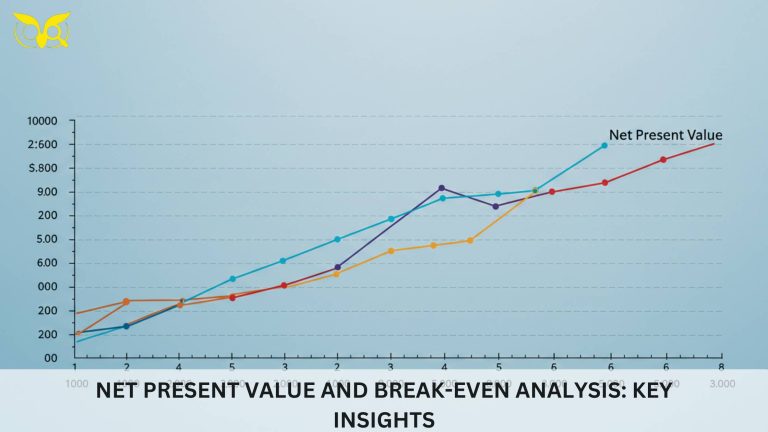
What is the IRS Amnesty Program for expats?
The IRS Amnesty Program, also known as the Streamlined Procedure, is a way for Americans living abroad to catch up on their US tax returns without facing huge fines.
Many people think that once they move out of the US, they no longer need to pay taxes back home. However, as a US citizen, you still have to report your income. This program allows you to correct past mistakes, report your income, and avoid most penalties.
It’s a simple way to get back on track with the IRS and avoid future trouble.
Who can use the IRS Amnesty Program?
Not everyone can use the IRS Amnesty Program—you need to meet certain conditions. This program is for those who didn’t know they needed to file and want to fix that mistake. To qualify:
- Living Outside the U.S.: You must have been living abroad for at least 330 days in one of the last three years.
- Non-Willful Mistake: Your failure to file taxes must have been an honest mistake—not intentional tax evasion. You need to prove that you didn’t know or understand the requirement.
However, if the IRS is already auditing you, you can’t use this program. It’s best for people who want to fix their tax situation before they face big penalties.
What documents do you need to get started?
To use the IRS Amnesty Program, you need to gather some important documents.
You’ll need to complete and submit tax returns for the last three years, which means reporting all your income no matter where it came from. Additionally, if you have more than US$10,000 in total across all your foreign bank accounts at any time during the year, you need to file Foreign Bank Account Reports (FBARs) for the last six years.
Another key document is the Streamlined Certification Form (Form 14653), where you explain why your non-filing was a mistake and not intentional.
Completing these forms might feel overwhelming, but taking it step by step makes it manageable. A tax professional can also guide you through the process and make sure everything is filled out correctly.
Why should you use the Amnesty Program?
There are several major benefits to using the IRS Amnesty Program. The biggest benefit is avoiding the large penalties that come with late tax filings, which can be extremely costly.
By catching up through this program, you can save a lot of money and avoid future fines. Another key benefit is reduced stress. Once you’re caught up, you don’t have to worry about the IRS chasing you down, which means you’ll feel more at ease knowing that you’re in good standing.
Lastly, this program offers a fresh start with the IRS. If you plan to move back to the US or even visit, you won’t need to worry about tax issues causing problems. Participating in the amnesty program is a simple way to correct past mistakes and make sure you don’t face larger consequences in the future.
Common Myths About the Amnesty Program
There are a few myths that keep people from using the IRS Amnesty Program. Let’s clear them up:
- Myth #1: If You Live Outside the US, You Don’t Need to File Taxes: This is false. As a US citizen, you need to report your income, even if you’re earning it abroad.
- Myth #2: The IRS Won’t Find Out If I Don’t File: The IRS has agreements with other countries to share financial information. It’s better to come forward and avoid harsh penalties.
- Myth #3: Filing from Abroad is Too Hard: The process may seem complicated, but the Streamlined Procedure is meant to make it easier. Plus, there are professionals who can help guide you.
Knowing the truth about these myths can help you make an informed decision about catching up on your taxes.
How to stay compliant in the future
Once you’re back on track, it’s important to stay compliant.
To do this, make sure you file a US tax return each year, no matter where you live. It’s essential to report all your income so you remain in good standing with the IRS. Also, if your foreign bank accounts hold more than US$10,000 in total at any point during the year, remember to file an FBAR.
It’s also very helpful to keep all your records—such as documents related to your income, bank accounts, and tax returns—so that everything is organized for future filings.
Lastly, consult a tax professional. Rules can change, and it’s easy to get confused, especially if you’re living abroad. Tax professionals like the Expat US Tax who understands the needs of Americans overseas can help you stay on track and make sure you meet all your obligations.
Source: Baddiehub






